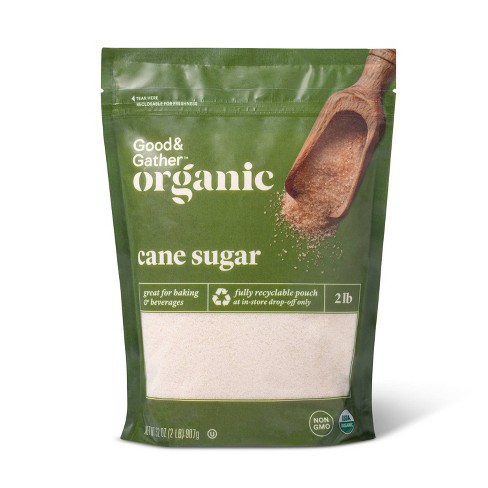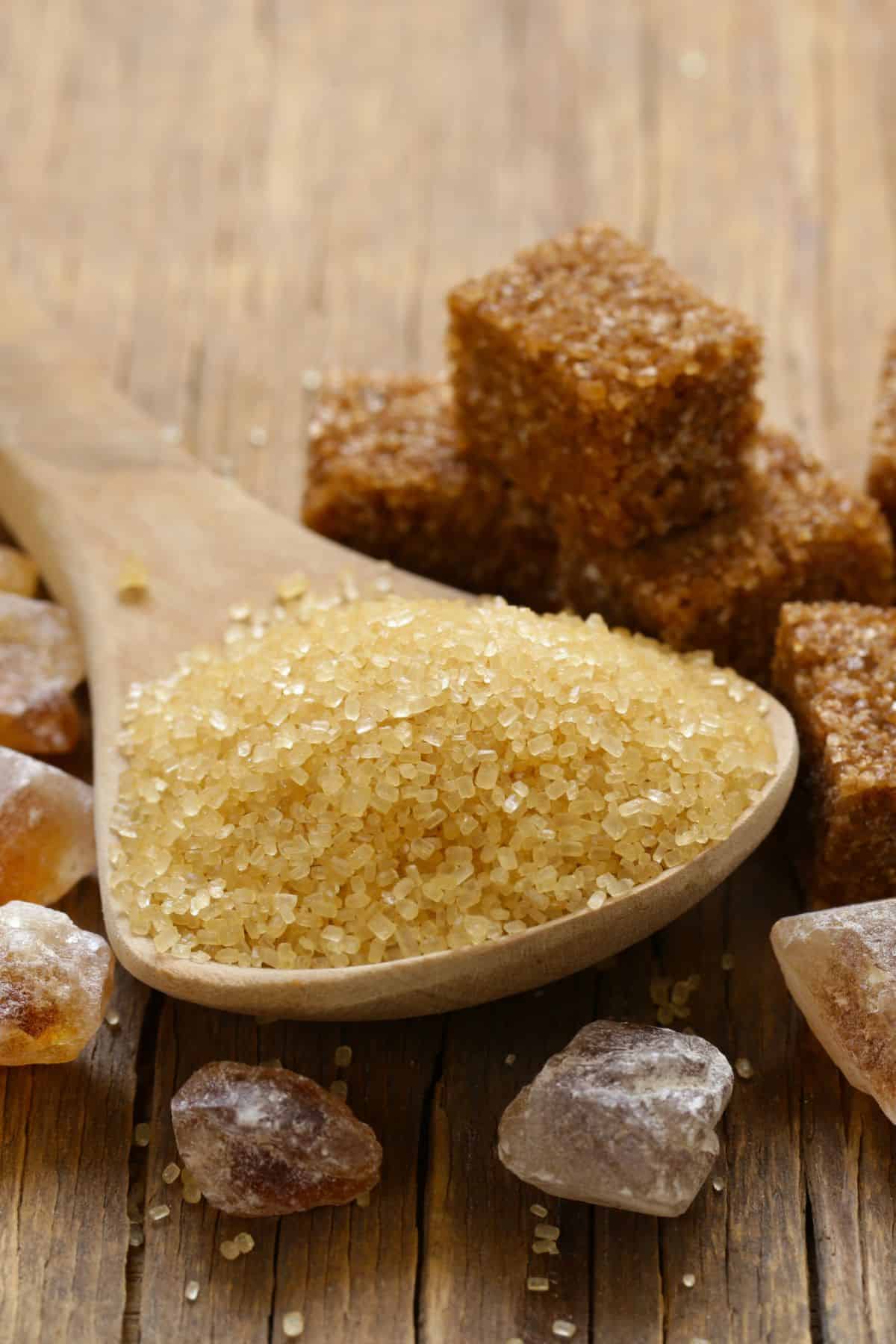Reliable Cane Sugar Processing: Making Best Use Of Return and Pureness
Reliable Cane Sugar Processing: Making Best Use Of Return and Pureness
Blog Article
A Detailed Overview of the Wellness and Economic Ramifications of Cane Sugar Handling on Regional Areas
Walking stick sugar handling plays a critical function in shaping the financial landscape of neighborhood neighborhoods, supplying job opportunity and boosting secondary industries. However, the wellness ramifications associated with high sugar intake can not be forgotten, as they contribute to rising rates of weight problems and diabetes mellitus. This nuanced vibrant welcomes an important evaluation of how communities can maximize financial gains while addressing journalism health and wellness challenges they face. The exploration of academic initiatives and sustainable techniques might simply hold the secret to fixing up these clashing passions. What methods might neighborhoods execute to achieve this balance?
Economic Benefits of Cane Sugar Handling
Cane sugar processing uses considerable financial advantages that prolong past the immediate farming industry. The farming and handling of sugarcane develop countless task chances, from farming to production and circulation. This employment generation not just supports local economies yet additionally cultivates neighborhood growth by providing stable earnings resources for family members.
Additionally, the sugar market boosts ancillary services, including transportation, tools supply, and packaging solutions (Cane Sugar Processing). As these sectors expand, they contribute to an extra robust financial structure, boosting general area resilience. The export capacity of refined cane sugar additionally amplifies financial advantages, positioning areas as competitive gamers in international markets
Investment in modern processing facilities can cause increased efficiency and performance, thus minimizing waste and maximizing resource usage. This shift not only benefits the neighborhood economy however additionally supports sustainability efforts by decreasing environmental influences.
Additionally, the revenue produced from cane sugar processing can be reinvested in neighborhood framework, education, and medical care, promoting alternative area growth. In general, the economic benefits of walking stick sugar handling are multifaceted, supplying a foundation for withstanding success in farming areas.
Health And Wellness Threats Related To Sugar Intake
Extreme sugar intake presents significant health and wellness risks that call for serious focus. High intake of included sugars, specifically from refined foods and beverages, has actually been linked to many health complications.
Moreover, high sugar intake is related to heart disease. Elevated blood glucose degrees can lead to insulin resistance, a precursor to various heart-related issues. In addition, sugar can have detrimental impacts on dental health, leading to dental caries and gum condition, as bacteria in the mouth grow on sugar, creating acids that erode tooth enamel.
Furthermore, arising research recommends a potential link between high sugar intake and mental wellness conditions, such as depression and anxiety. As neighborhoods face these wellness threats, it ends up being essential to promote awareness and urge healthier dietary options. Addressing sugar intake is crucial not only for specific health however additionally for the total well-being of local communities, emphasizing the need for comprehensive public health methods.
Ecological Effects of Sugar Production
Often ignored in discussions regarding sugar's ramifications is the significant ecological impact of sugar production. The growing of sugarcane frequently necessitates comprehensive land usage, bring about logging, loss of biodiversity, and disruption of neighborhood environments. The conversion of forests and wetlands right into sugar haciendas can lead to environment damage, harmful various species and changing ecological equilibrium.
Moreover, sugar manufacturing is resource-intensive, consuming considerable amounts of water for watering. This can lead to deficiency of local water resources, adversely influencing both agricultural practices and area accessibility to tidy water. Furthermore, using chemical plant foods and pesticides in sugarcane farming can contribute to soil destruction and water pollution, as drainage from these chemicals gets in neighboring rivers and lakes, affecting water life and human wellness.
The ecological impact encompasses the processing phase, where energy consumption and waste generation further exacerbate eco-friendly issues. Air contamination from burning sugarcane areas, along with greenhouse gas discharges, add to environment adjustment. As such, the environmental ramifications of sugar production warrant significant consideration, urging stakeholders to embrace even more lasting methods to alleviate these damaging effects on regional communities and areas.
Job Production and Community Development
The environmental difficulties presented by sugar production are often reversed by its capacity for economic benefits, particularly in job development and neighborhood development. The walking cane sugar market works as a significant resource of work in several rural areas, giving jobs throughout various skill degrees, from agricultural labor to processing and circulation roles. This employment not only sustains specific households yet also contributes to the general economic vitality of neighborhood communities.
Moreover, the establishment of sugar handling centers boosts ancillary companies, such as transport services, devices supply, and upkeep companies. As these organizations flourish, they create added tasks and reinforce regional economies. The earnings created from the sugar industry also causes enhanced tax obligation incomes, which can be reinvested into neighborhood services such as healthcare, education, and facilities advancement.
In addition, the sugar market typically participates in community development efforts, such as supporting neighborhood schools and wellness programs, thus improving the top quality of life for homeowners. By cultivating strong community connections and advertising financial growth, the walking cane sugar processing sector plays an important duty in uplifting local populaces, making it a necessary element of sustainable development approaches in sugar-producing areas.
Harmonizing Wellness and Economic Development
In navigating the intricacies of walking stick sugar handling, a critical difficulty hinges on stabilizing health considerations with economic growth. The sugar sector significantly adds to local economic climates by generating jobs, boosting relevant fields, and enhancing tax obligation earnings. Nonetheless, the wellness ramifications connected with too much sugar consumption useful site can cause chronic conditions such as obesity, diabetes mellitus, and cardiovascular problems, which can burden public health systems and decrease workforce productivity.

Furthermore, regulative frameworks can play a pivotal duty in directing industry techniques in the direction of more sustainable and health-conscious techniques. By fostering collaboration between federal government bodies, wellness companies, and the sugar market, neighborhoods can browse the dichotomy of health and wellness and financial development, guaranteeing that the advantages of walking cane sugar processing are equitably shared while focusing on public health.
Verdict
Finally, the handling of walking cane sugar offers both substantial economic benefits and remarkable wellness dangers for local neighborhoods. While it fosters task development and promotes regional development, the affiliated health issues, particularly relating to weight problems and diabetic issues, require a mindful harmonizing act. By advertising liable intake and investing in neighborhood education go to the website and lasting practices, it is feasible to make the most of financial advantages while lessening unfavorable health and wellness effects, therefore guaranteeing a healthier future for local populaces.
Additionally, sugar can have harmful impacts on dental health and wellness, resulting in dental caries and periodontal disease, as bacteria in the mouth prosper on sugar, creating acids that wear down tooth enamel.
Attending to sugar usage is crucial not only for specific health however also for the total well-being of neighborhood areas, highlighting the need for extensive public health techniques.
Often neglected in discussions regarding sugar's ramifications is the considerable environmental influence of sugar manufacturing. The health ramifications connected with extreme sugar intake can lead to persistent diseases such as weight problems, diabetes mellitus, and cardio problems, which can problem public wellness systems and diminish workforce efficiency.

Report this page